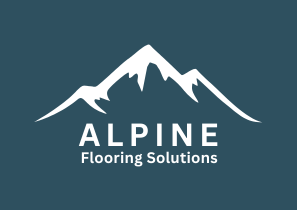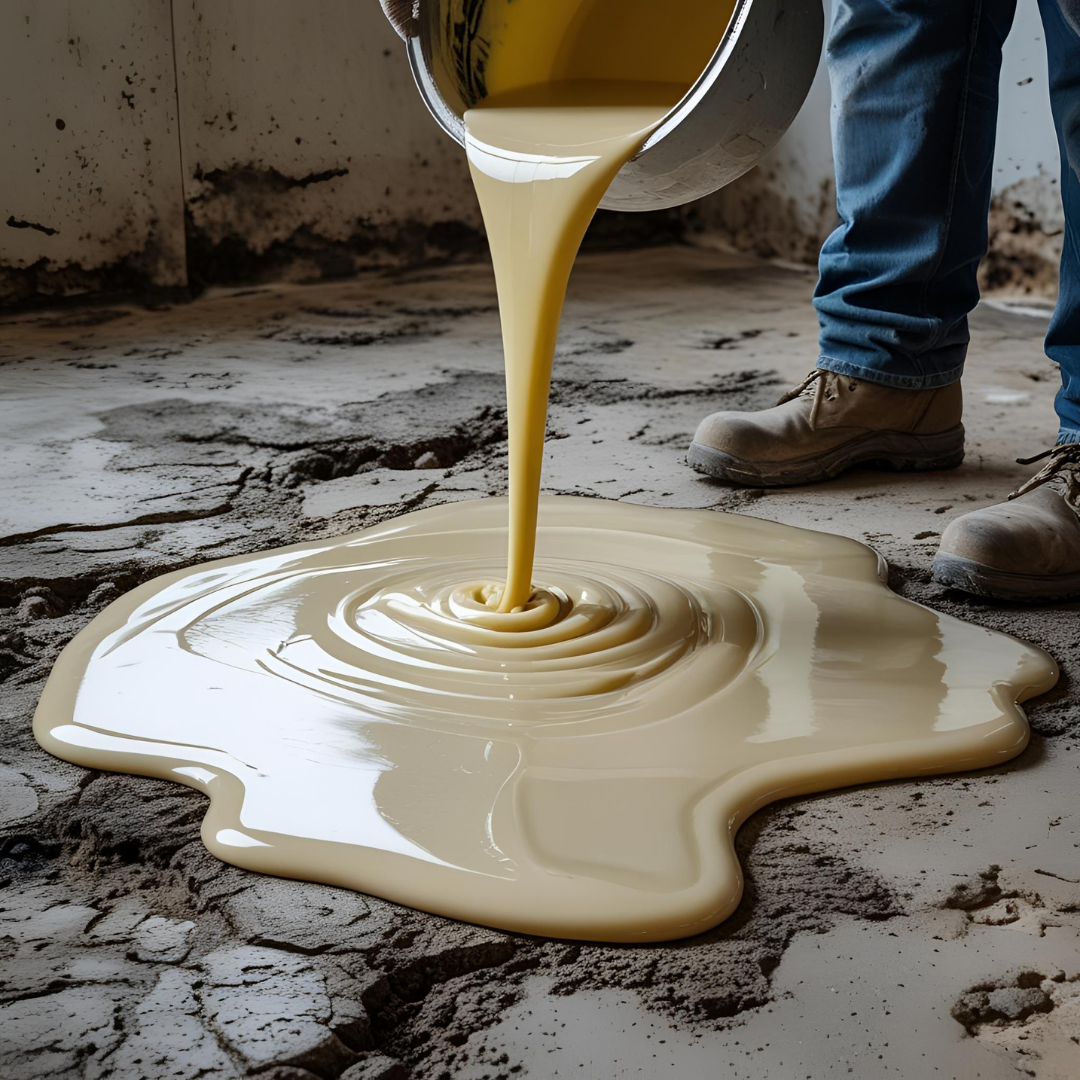How Long Does Epoxy Flooring Last?
19 July 2025
How Long Does Epoxy Flooring Last?
Epoxy flooring is well known for its toughness, chemical resistance, and sleek, polished finish. It’s widely used in garages, warehouses, commercial kitchens, and even residential interiors. But before committing to epoxy as a flooring solution, one of the most important questions you might have is: How long does epoxy flooring actually last?
In this comprehensive article, we’ll break down the average lifespan of epoxy flooring, the key factors that affect its durability, and practical tips to make it last longer—whether it’s installed in your home, office, or industrial facility.
1. How Long Does Epoxy Flooring Last on Average?
Residential Use:
In residential settings such as garages, kitchens, or basements, epoxy flooring typically lasts between 10 to 20 years, depending on usage and maintenance.
Commercial Use:
In commercial environments with moderate foot traffic (e.g., retail stores, restaurants), the lifespan usually ranges from 10 to 15 years.
Industrial Use:
In heavy-duty industrial settings—like factories, warehouses, or auto shops—the floor may last 7 to 10 years, largely due to the stress of constant machinery, spills, and abrasion.
However, not all epoxy floors are created equal. The longevity of your floor depends on a number of environmental, material, and application factors, which we’ll now explore.
2. Factors That Affect the Durability of Epoxy Flooring
A. Surface Preparation
One of the most critical steps in ensuring epoxy longevity is proper surface preparation. If the concrete slab is not clean, dry, and mechanically etched (e.g., via grinding or shot blasting), the epoxy may not bond well—leading to peeling, bubbling, or premature failure.
Signs of poor surface prep:
- Bubbles forming under the surface
- Uneven adhesion or areas that lift
- Rapid chipping or cracking
B. Quality of Materials
The quality and type of epoxy used plays a major role in durability. Epoxy comes in a range of grades:
- Water-based epoxy: Lower VOCs and easier to apply but less durable—often used for DIY applications.
- Solvent-based epoxy: Stronger adhesion, but higher VOCs and more toxic during application.
- 100% solids epoxy: Most durable option, used in industrial/commercial settings.
C. Environmental Conditions
The conditions in which epoxy is applied and where it lives have a direct impact on how long it will last.
- Temperature:
High heat during curing can cause rapid hardening and affect bonding. Cold temperatures may delay curing or leave the finish inconsistent.
- Moisture:
If the substrate has trapped moisture, it can cause the epoxy to delaminate over time.
- UV Exposure:
Epoxy can yellow or become brittle when exposed to direct sunlight over time—unless UV-resistant coatings or topcoats are applied.
D. Level of Foot and Vehicle Traffic
This is one of the most obvious durability factors. Floors in high-traffic areas experience faster wear.
- Light traffic (residential): Minimal wear, can last 15–20 years.
- Moderate traffic (retail, schools): Moderate wear, can last 10-12 years
- Heavy traffic (industrial plants): May require recoating every 7–10 years.
E. Chemical and Abrasion Exposure
Epoxy is resistant to many substances, but not all.
- Frequent exposure to oils, acids, solvents, or alkalis can gradually degrade the surface.
- Abrasive materials, dropped tools, or forklift tires can wear down even a thick epoxy layer.
F. Maintenance Practices
Maintenance doesn’t just keep your floor looking good—it significantly extends its life.
Do:
- Sweep and mop regularly
- Clean spills quickly
- Use pH-neutral cleaners
- Recoat when you notice dullness or wear
Don’t:
- Use acidic or abrasive cleaners
- Let oil or chemicals sit for extended periods
- Drag heavy items across the surface
.
G. Thickness of the Epoxy Coating
Epoxy systems range in thickness from 0.3 mm (thin film) to over 6 mm (self-leveling industrial systems). Generally, the thicker the coating, the longer it lasts.
3. How to Know When It’s Time to Recoat or Replace Epoxy Flooring
While epoxy offers many advantages, it’s not without its challenges. Understanding these can help you decide if it’s right for your kitchen.
Over time, even a well-maintained epoxy floor will show signs of wear. Common signs include:
- Dull or faded finish
- Scratches or surface abrasions
- Areas of delamination or peeling
- Cracking in high-traffic areas
- Discoloration due to chemical exposure
Options at that point:
- Recoat: If the surface is still structurally sound, a light sanding and a fresh topcoat can restore appearance and add years of life.
- Full reinstallation: If the epoxy is peeling, cracking, or worn through to the concrete, it may need to be removed and reinstalled.
4. Tips to Maximize the Life of Your Epoxy Floor
- Invest in quality materials and professional installation.
- Avoid sunlight exposure by using UV-resistant topcoats or window films.
- Use mats or runners in high-wear zones.
- Clean regularly using non-abrasive methods.
- Recoat proactively before damage becomes structural.
- Avoid dragging sharp or heavy objects on the floor.
- Choose the right epoxy system for your environment (e.g., high-build or chemical-resistant).
Conclusion
When done right, epoxy flooring is a long-term investment. It can easily outlast other surface coatings and stand up to heavy use with minimal maintenance. The key is to match the right product with your environment, use a qualified installer, and follow ongoing maintenance best practices.
If you are looking for a flooring system that’s durable, hygienic, easy to clean, and aesthetically pleasing, epoxy is hard to beat.
At Alpine Flooring Solutions, we specialize in professional epoxy floor installations that are tailored to your specific needs and preferences. Contact us today to schedule your consultation and learn more about how epoxy flooring can enhance your space! We offer complimentary on-site consultations, where our experts assess your flooring needs and provide samples, suggestions, and a no-obligation quote.
Alpine Flooring Solutions
Whatsapp or Call: +65 80684605
Instagram/Tiktok: @alpineflooring.sg

